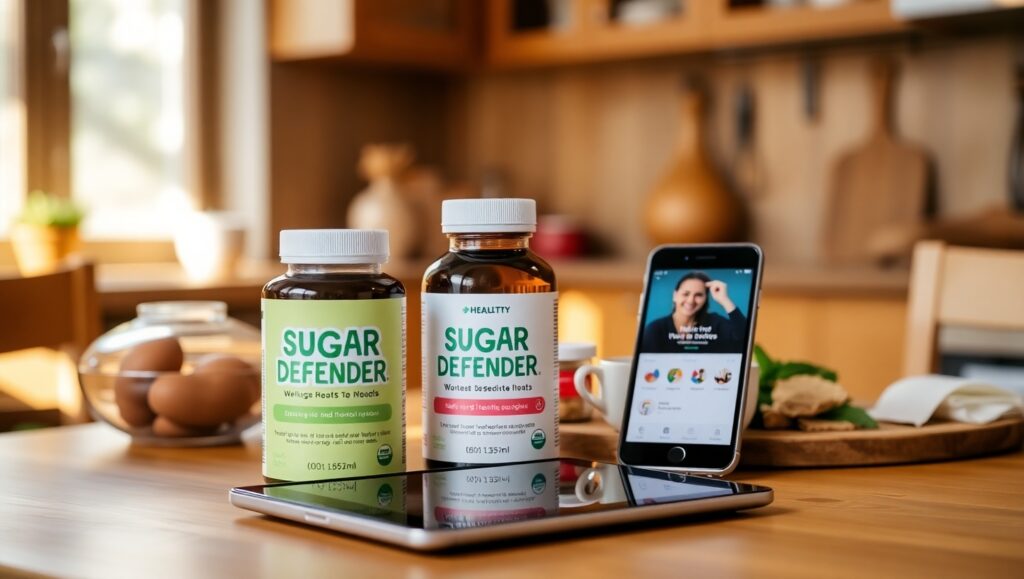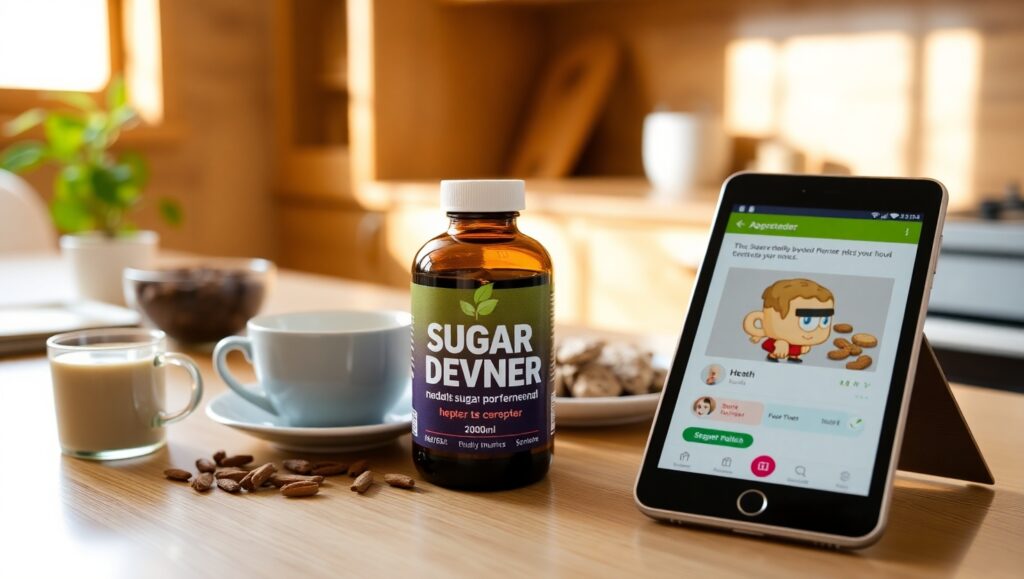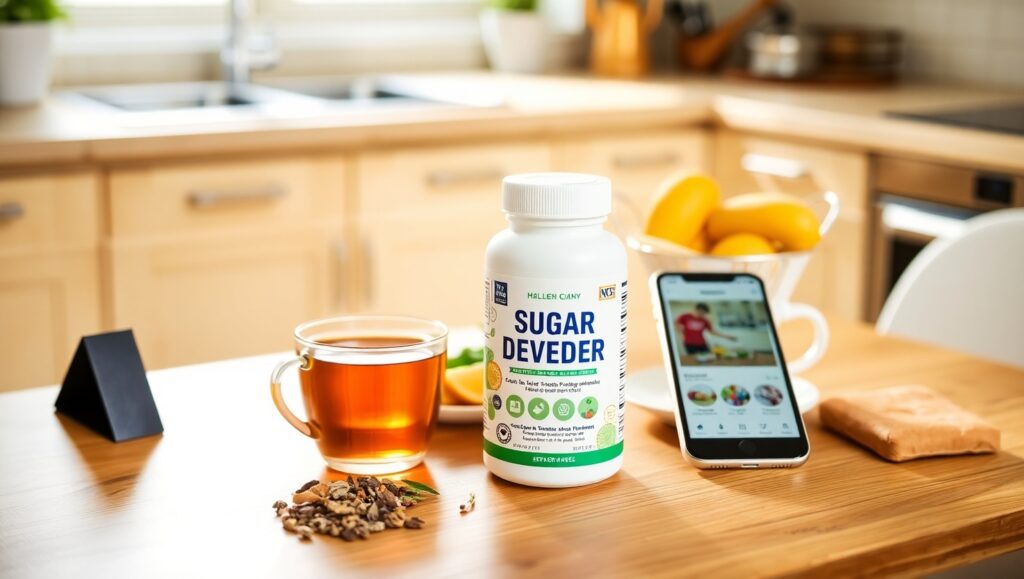1. Understand the Impact of Excess Sugar on Your Health
The Health Risks of High Sugar Intake
Excessive sugar consumption can lead to numerous health problems, including obesity, type 2 diabetes, heart disease, and tooth decay. It can also cause blood sugar spikes, which lead to energy crashes and cravings for more sugary foods. Understanding these risks is the first step in becoming a sugar defender.

Why It’s Important to Cut Back on Sugar
Cutting back on sugar is essential for maintaining a balanced diet and improving your long-term health. It can reduce your risk of chronic diseases and support weight loss, better skin, and enhanced energy levels. By reducing sugar, you’re protecting your body and making better choices for your health.
2. Focus on Whole Foods Instead of Processed Snacks
Choose Fresh Fruits and Vegetables
Fruits and vegetables are naturally low in sugar and high in fiber, vitamins, and minerals. They should be the foundation of your low-sugar diet. Incorporating a variety of colorful produce into your meals helps ensure you’re getting the nutrients you need without added sugar.
Avoid Processed Foods and Drinks
Many processed foods, including snacks, beverages, and packaged meals, contain hidden sugars that can quickly add up. Always read the ingredient list on food labels to identify added sugars, and aim to replace processed foods with whole, unprocessed options whenever possible.
3. Learn How to Read Labels and Identify Added Sugars
Understanding Food Labels
Sugar can be listed under many different names on food labels, such as high-fructose corn syrup, cane sugar, agave nectar, and more. When trying to lower your sugar intake, it’s important to become familiar with these terms and check nutrition facts for sugar content. Focus on products with lower sugar content to maintain a balanced diet.
Hidden Sugars in Everyday Foods
Sugar is often added to foods you wouldn’t expect, such as salad dressings, sauces, and even bread. By being mindful of where sugar may be hiding, you can make better choices and reduce your sugar intake without feeling deprived.

4. Swap Sweetened Drinks for Healthier Alternatives
The Sugar Content in Beverages
Sugary drinks, such as sodas, sweetened coffee, and energy drinks, are some of the biggest culprits of added sugar in the diet. A single can of soda can contain over 40 grams of sugar, which is more than the recommended daily limit for an adult.
Healthier Drink Alternatives
To reduce sugar, consider swapping sugary beverages for healthier alternatives like herbal teas, sparkling water with a splash of lemon, or freshly squeezed juices (in moderation). These drinks can help hydrate you without the added sugar content, making it easier to stick to a low-sugar diet.
5. Control Your Sugar Intake Without Feeling Deprived
Finding Satisfying Alternatives to Sweets
Craving something sweet? Opt for healthier alternatives that don’t spike your blood sugar, such as dark chocolate (with a cocoa content of 70% or higher), fruit, or yogurt with a handful of nuts. These alternatives satisfy your sweet tooth without compromising your low-sugar goals.
Tips for Managing Sugar Cravings
To effectively manage sugar cravings, keep a balanced diet with protein and healthy fats, which help regulate your blood sugar and reduce hunger. Drinking plenty of water, getting enough sleep, and managing stress can also help you maintain your willpower and stay on track with your low-sugar lifestyle.

Conclusion
Becoming a sugar defender is about taking proactive steps to reduce your sugar intake and make healthier food choices. By understanding the impact of sugar on your health, focusing on whole foods, reading food labels, swapping sugary drinks, and finding alternatives to sweets, you can make lasting changes that benefit your well-being. Remember, small changes can lead to significant health improvements over time. So start today, and embrace a low-sugar lifestyle for better health and energy.
Final Thoughts
A low-sugar diet isn’t about depriving yourself; it’s about making mindful choices to protect your health. By becoming a sugar defender, you’re investing in your long-term wellness and avoiding the harmful effects of excessive sugar consumption. Stick to these tips, and you’ll be on your way to a healthier, more energized life!